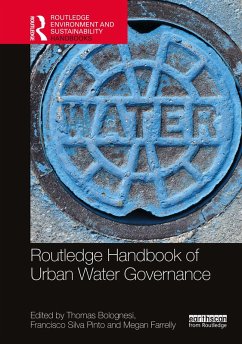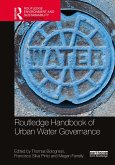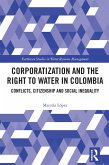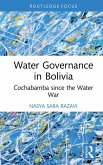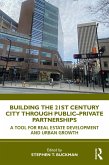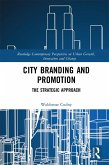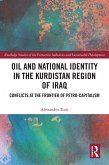Of the many growing challenges presented by rapid urbanization, water governance is a critical one and while urban water governance is now regarded as a critical field of research, the literature is fragmented. For the first time, this handbook brings together urban water governance research, containing interdisciplinary contributions from established and emerging scholars, practitioners, and policymakers. It addresses the key questions of how urban water governance works, how is it shaped, and what the impacts are. The handbook's structure offers a progressive entry into the complexity of urban water governance. Starting with technical dimensions, the handbook addresses supply and demand, wastewater, and sanitation. It then considers regulation and economic factors, examining water utilities and services. Political processes, and the actors involved, are addressed and the handbook finishes with a part focusing on governance and sustainability, where chapters address critically important topics such as access to water, water safety, and water security.
This handbook is essential reading for students, scholars, and professionals interested in urban water governance, urban studies, and water resource management and sustainability more broadly.
Dieser Download kann aus rechtlichen Gründen nur mit Rechnungsadresse in A, B, BG, CY, CZ, D, DK, EW, E, FIN, F, GR, HR, H, IRL, I, LT, L, LR, M, NL, PL, P, R, S, SLO, SK ausgeliefert werden.

